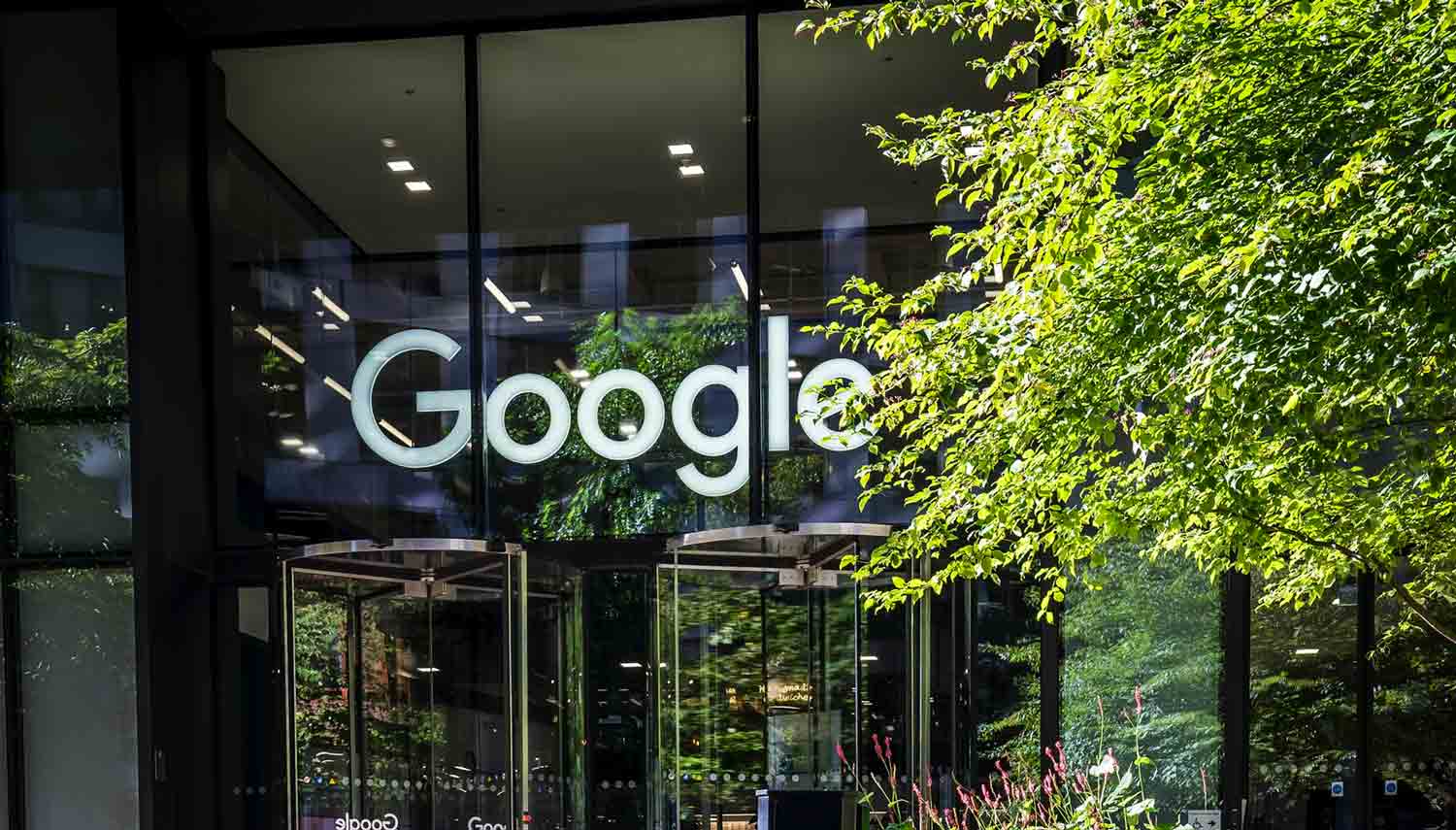

Artificial Intelligence (AI) is transforming learning by creating customized experiences for students, automating monotonous tasks, and providing timely feedback. It is used to produce virtual tutors, individualized learning paths, and immersive learning experiences that augment the traditional classroom environment. Here are some of the ways AI is making educational experiences better.
AI is personalizing learning by analyzing past performances, and creating a targeted learning plan for each student. The personalized plan can adapt according to the performance levels of the students. Additionally, AI can provide feedback specifically tailored to individual needs to identify strengths and weaknesses.
AI automates tasks like grading and providing personalized feedback, freeing up time for teachers to perform more critical tasks that require human interaction. This makes the learning experience for students more efficient, flexible, and accessible.
Engaging students has never been easier as AI provides virtual tutors that are available 24/7. These tutors use personalized feedback and guidance to keep students on track. AI is also creating interactive learning experiences that are more immersive than traditional teaching methods.
Timely feedback is critical in learning, and AI provides more accurate feedback to students and teachers. AI can analyze the performance of the student or teacher and provide feedback that addresses their individual needs accurately.
In summary, AI in education is personalizing learning experiences, automating mundane tasks, and providing more accurate and timely feedback to students and teachers. Additionally, AI has augmented the traditional classroom by creating virtual tutors, personalized learning paths, and immersive experiences. Overall, AI is facilitating a more personalized, efficient, and engaging way of learning for all involved.
Related Posts




